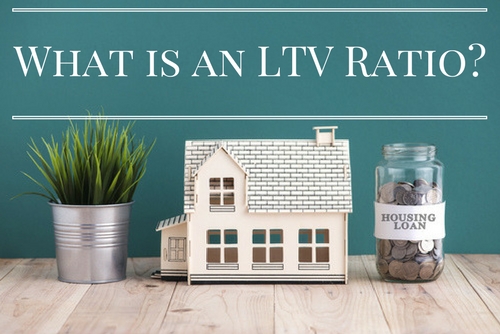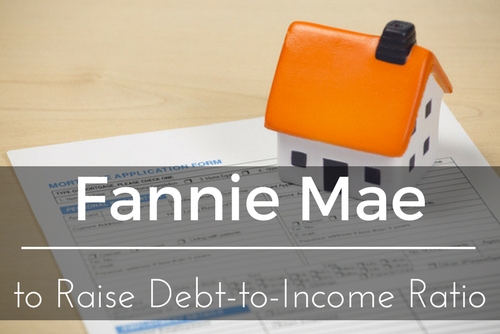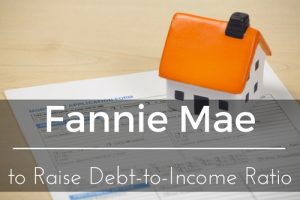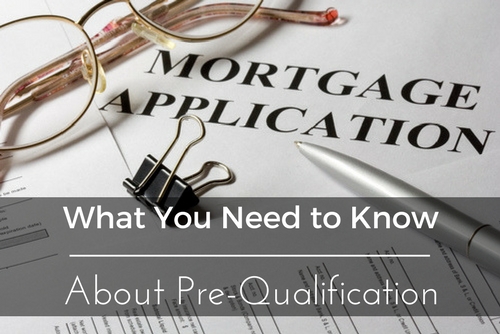
Home mortgage refinancing is a great idea for many homeowners, but there are situations in which it is not possible or desirable.
In some situations, refinancing may not make financial sense, especially if you plan to sell your home in the next few years.
Before committing to refinancing your home, you should ask the following questions:
Do I have equity in my home?
To qualify for a home loan that is free of private mortgage insurance (PMI), you will need at least 20 percent equity in your home. While you can refinance a loan with less than 20 percent equity, the PMI costs may negate the benefits of refinancing.
However, having little or no equity in your home does not necessarily rule out a refinance. There are programs like FHA and VA that require little to no equity and may be a viable option.
How is my credit?
Credit scores are one of the most important factors in securing a good interest rate. The lowest interest rates typically go to applicants with credit scores over 720. Speak to your mortgage professional about ways to improve your credit score before applying for the refinance loan.
How long do I plan to stay in this home?
Since there are closing costs associated with refinancing, doing a simple calculation shows the amount of time it will take to reach the point where the savings outweigh the initial costs. If you plan on only staying in your current home for a short time, it may not make sense to refinance. Additionally, if you are close to paying off your mortgage, the costs may be higher than the amount you will save before the mortgage is paid off. However, there are numerous other considerations when determining whether a refinance is right for you. For example, you may need cash to consolidate other debt, make improvements to your home, or pay for a daughter’s wedding. There are also tax considerations as well since interest on a home equity line of credit (HELOC) may not be deductible with the newly signed tax law. Interest on a refinance loan, by comparison, IS tax deductible in most cases.
Let Us Help
We understand that refinancing your home can seem like a daunting task, but the experts here at Butler Mortgage are here to help. Our Loan Officers will do everything possible to make your refinancing experience as painless as possible, so you can spend less time worrying, and more time enjoying your home. Call us today at 407-931-3800 with any questions.





















